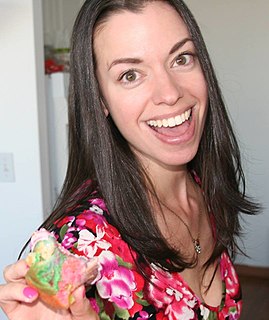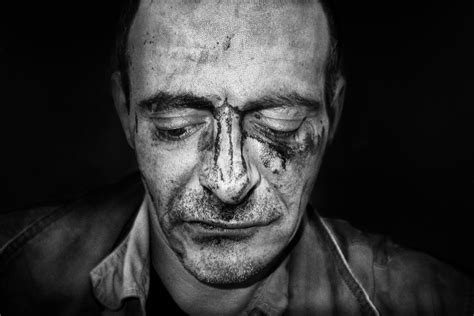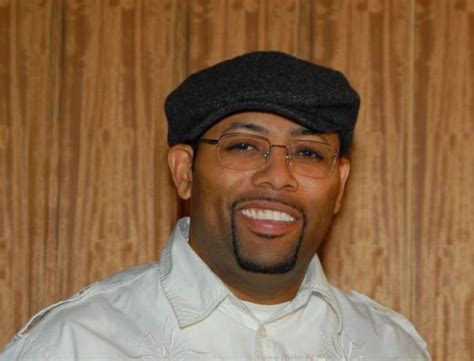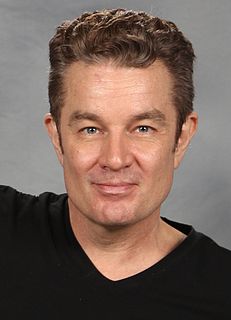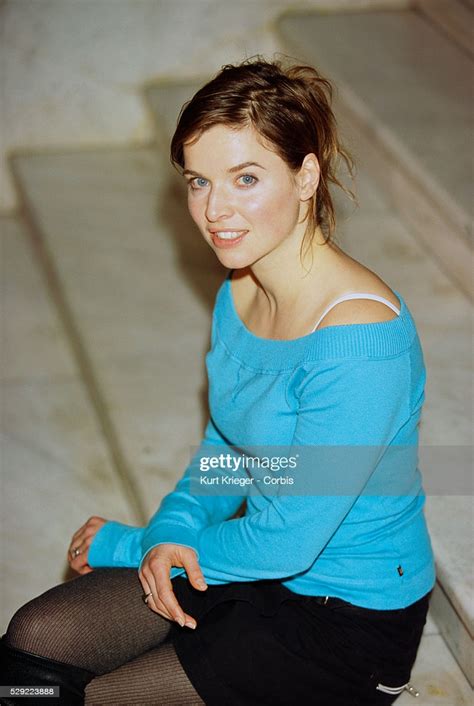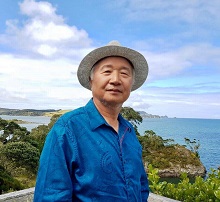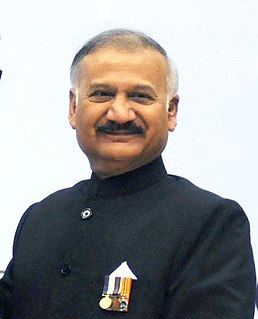A Quote by Rick Famuyiwa
It was titled 'Confirmation' very purposefully. I wanted the film to be about that process - about how Judge Thomas and Anita Hill were thrown into a situation that was difficult for anyone to navigate, no matter what the truth was. It's hard to know what the truth is.
Related Quotes
The Bible is a wonderful book. It is the truth about the Truth. It is not the Truth. A sermon taken from the Bible can be a wonderful thing to hear. It is the truth about the truth about the truth. But it is not the truth. There have been many books written about the things contained in the Bible. I have written some myself. They can be quite wonderful to read. They are the truth about the truth about truth about the Truth. But they are NOT the Truth. Only Jesus Christ is the Truth. Sometimes the Truth can be drowned in a multitude of words.
How did the Turks become Muslim? They became Muslim through the Sufis. The Arabs never conquered the Turks. There were people in early Islam who were speaking like Hallaj, who spoke about the Truth, about reaching the Truth, about being one with the Truth, and not only they were not killed, but they were great heroes of their own culture, and there is a university in Turkey named after one [Sufi Saint.]
It's very difficult to measure the impact on policy of any investigative journalism. You hope it matters to let a little more truth loose in the world, but you can't always be sure it does. You do it because there's a story to be told. I can tell you that the job of trying to tell the truth about people whose job it is to hide the truth is about as complicated and difficult as trying to hide it in the first place.
And one has to remember that no photography can pretend to show the truth. A picture only shows a given situation under a very specific perspective, consciously or not, openly or not, relevantly or not. Photographers have to accept they can just convey fragments of illusory realities and relate their own intimate experience of the world. In this process of fictionalising an unreachable truth, it's up to them to impose their doubts about any photographic truth, or accept being impotent pawns in the mediatic game.
[Eugene Smith] was always writing these diatribes about truth, and how he wanted to tell the truth, the truth, the truth. It was a real rebel position. It was kind of like a teenager's position: why can't things be like they should be? Why can't I do what I want? I latched on to that philosophy. One day I snapped, hey, you know, I know a story that no one's ever told, never seen, and I've lived it. It's my own story and my friends' story.
You can't be afraid to speak the truth. If you're speaking truthfully - no matter if you're White, Black, Hispanic, Asian - if it's the truth, it's the truth! And if that's what you're telling, you have no reason to be fearful, or, worry about people trying to diffuse what you're doing. Because, if you're speaking the truth, they can't beat the truth.
More and more, and especially over the last two decades, we've found out how many conspiracies there actually are. We really don't know the exact truth about a lot of things. We know there are big things going on involving huge companies and industries, whether it's money involved or oil or things in their own country, but there are personal interests at play and it's a very well woven network that's hard to break down. Sometimes it is hard, for us, to know who is telling the truth.



